Technical Theatre Mini Units Curriculum
This collection of technical theatre mini-units will give you the opportunity to introduce lighting, sound, costuming, staging, and makeup into your program. Each mini-unit can be used independently, or you can build one upon the other toward the culminating project. These units were developed with middle school students (grades 6 to 8), and can also suit an introductory level high school class in tech theatre.
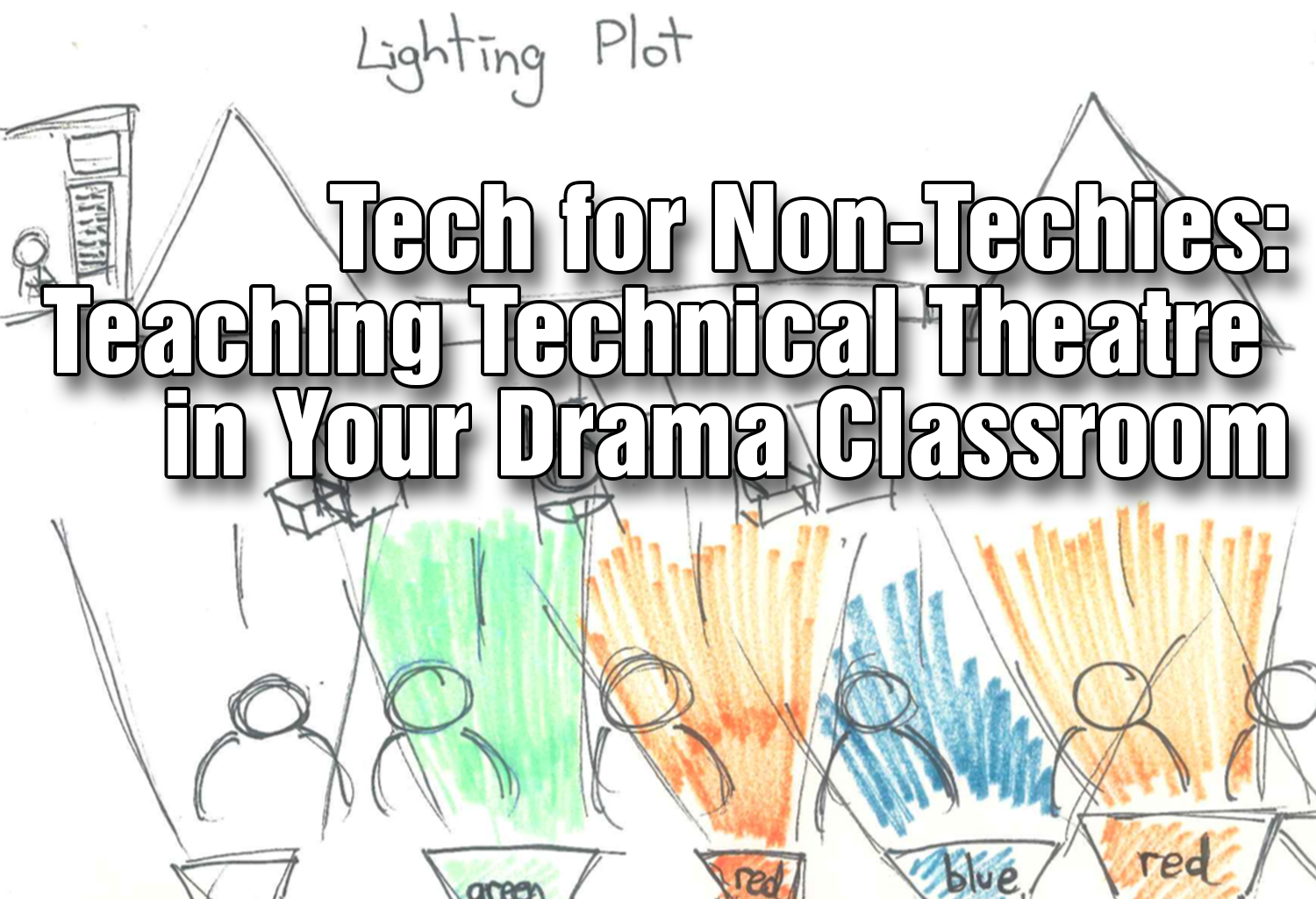
6 Units

Overview
by Josh Hatt
This collection of technical theatre mini-units will give you the opportunity to introduce lighting, sound, costuming, staging, and makeup into your program. Each mini-unit can be used independently, or you can build one upon the other toward the culminating project.
These units were developed with middle school students (grades 6 to 8). But if your high school program does not have an existing tech theatre component, these units will work equally well.
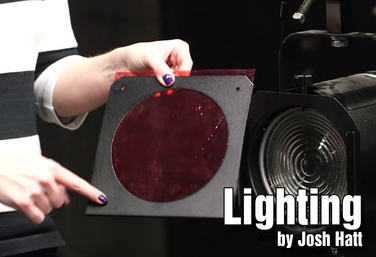
Lighting
by Josh Hatt
This is an introductory mini-unit to lighting that can be achieved whether or not you have a lighting system. Students will work toward being able to demonstrate their knowledge of lighting effectiveness.
The questions of the unit include: How can light affect a scene? How can lighting affect the audience? What is the mood of the scene? How does lighting play a part in creating mood? How can you use shadows onstage? How does color impact the scene?
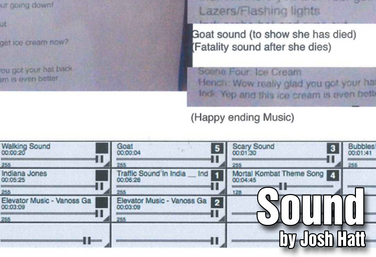
Sound
by Josh Hatt
This is an introductory mini-unit to sound that you can use whether or not you have a sound system. Students will work toward being able to demonstrate their knowledge of sound effectiveness.
The questions of the unit include: What is effective sound? What sounds and music do we need in order to make our scene effective? How will we know our sound cues are effective?
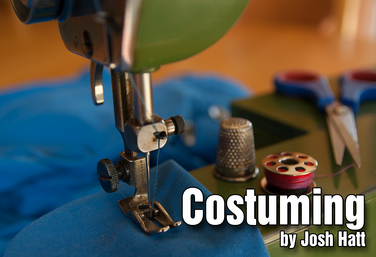
Costuming
by Josh Hatt
If the costumes in a play are going to be effective, we need to be thoughtful about how we use them.
In this mini-unit, students will demonstrate their understanding costume effectiveness and address the following questions: What is the role of costume in the performance? How does color contribute? How does the style of costume affect a performance? How does costume indicate setting? Do you need costumes in a scene?
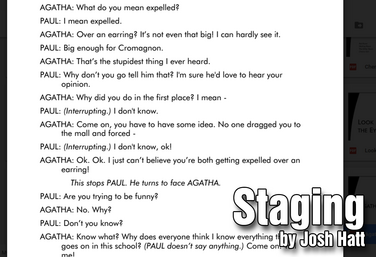
Staging
by Josh Hatt
This is a mini-unit on staging. Along with the driving question for the unit, students will explore about how staging affects the performance. Students will draw a plot design (ground plan) to emphasize the need to plan where scenic elements will be placed. They will also practice taking cues from the script, in order to create staging.
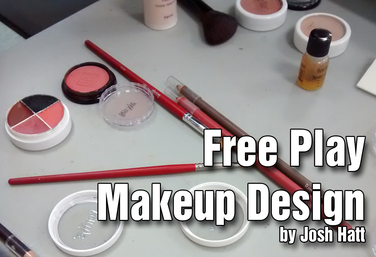
Free Play Makeup
by Josh Hatt
This is a student centred mini-unit on makeup design. Makeup is useful in transporting an audience to a different world.
The purpose is for students to understand that makeup is a tool that theatre technicians can use in order to contribute to effective performance aesthetics; to understand basic makeup rules and care instruction; to understand how to complete a makeup design plot; to look at a project and figure out for themselves what they need to succeed.
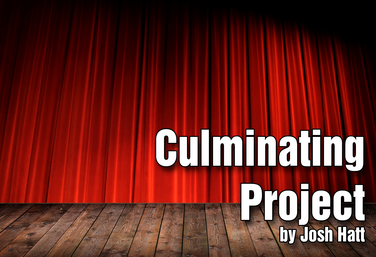
Culminating Project
by Josh Hatt
Once students have completed the five Tech Theatre Units (Lighting, Sound, Costume, Staging, Free Play Makeup), you can give them this culminating project.
Depending on how you structured your technical theatre unit, you can adapt this project to suit your needs and context.
Up to this point, all the work in the units have been exploratory. This is where students will apply their skills and knowledge.